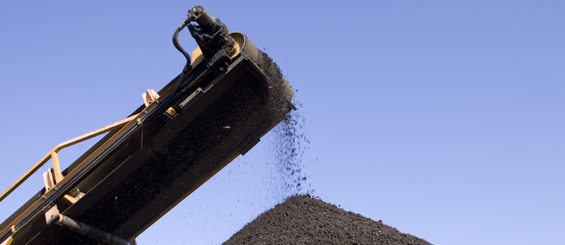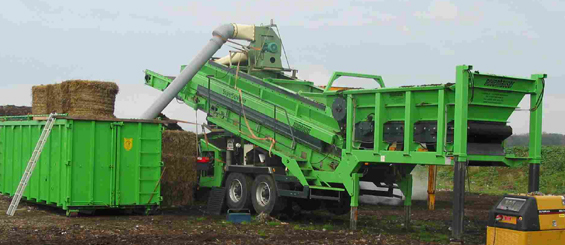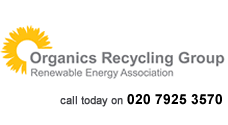Adverts
REA calls for improved quality of garden waste
- Unacceptable levels of plastic contamination in garden waste persists
- Renewable Energy AssociationâÂÂs Organics Recycling Group works to improve quality of inputs to composting through education
- This weekendâÂÂs episode of Countryfile highlights the problem
There continues to be unacceptable levels of plastic contamination found in green and garden waste delivered to composting sites throughout the UK, according to the Renewable Energy Association (REA).
The REA has today emphasized the need for good quality compost and called for improved education of householders to achieve this. Levels of contamination vary across the UK but are dependent on how well informed individuals are and how effectively local authorities monitor and police contamination levels.
Commercial composters in the UK currently treat in excess of 5 million tonnes of materially annually but levels of contamination within garden waste continues to be a problem. Whilst most compost sites do have measures in place to remove material that should not be there, this is a time consuming and costly process.
The Organics Recycling Group (ORG) of the REA has called for increased awareness by the general public around what they put in their garden waste bin. This will ensure that inputs to composting facilities are clean so that the agricultural market (the main user of most compost) is confident that they will receive uncontaminated compost that is fit for purpose. There are many benefits in using compost in agriculture, including the reduced need for artificial fertilisers, improved water retention in dry conditions and the prevention of soil erosion.
The ORG will feature on this SundayâÂÂs episode of Countryfile as part of this awareness initiative. The programme will be broadcast at 7pm on BBC One on 24 May.
Head of the ORG Jeremy Jacobs said:
"It is vitally important that the whole supply chain contributes to ensuring that the compost we manufacture and spread to land is clean and free of plastics. This starts with the householder doing their bit and continues with the local authority policing the collections robustly. Lastly the composter also has an important role in taking out the unwanted plastics prior to it being delivered to farmers.
"We have a responsibility to provide end users with a quality product to enable our vital agricultural sector to thriveâÂÂ.
Published: 22/05/15
visitor comments
Members' Area
Become a Member!
Join the Organics Recycling Group at the Renewable Energy Association by clicking below.
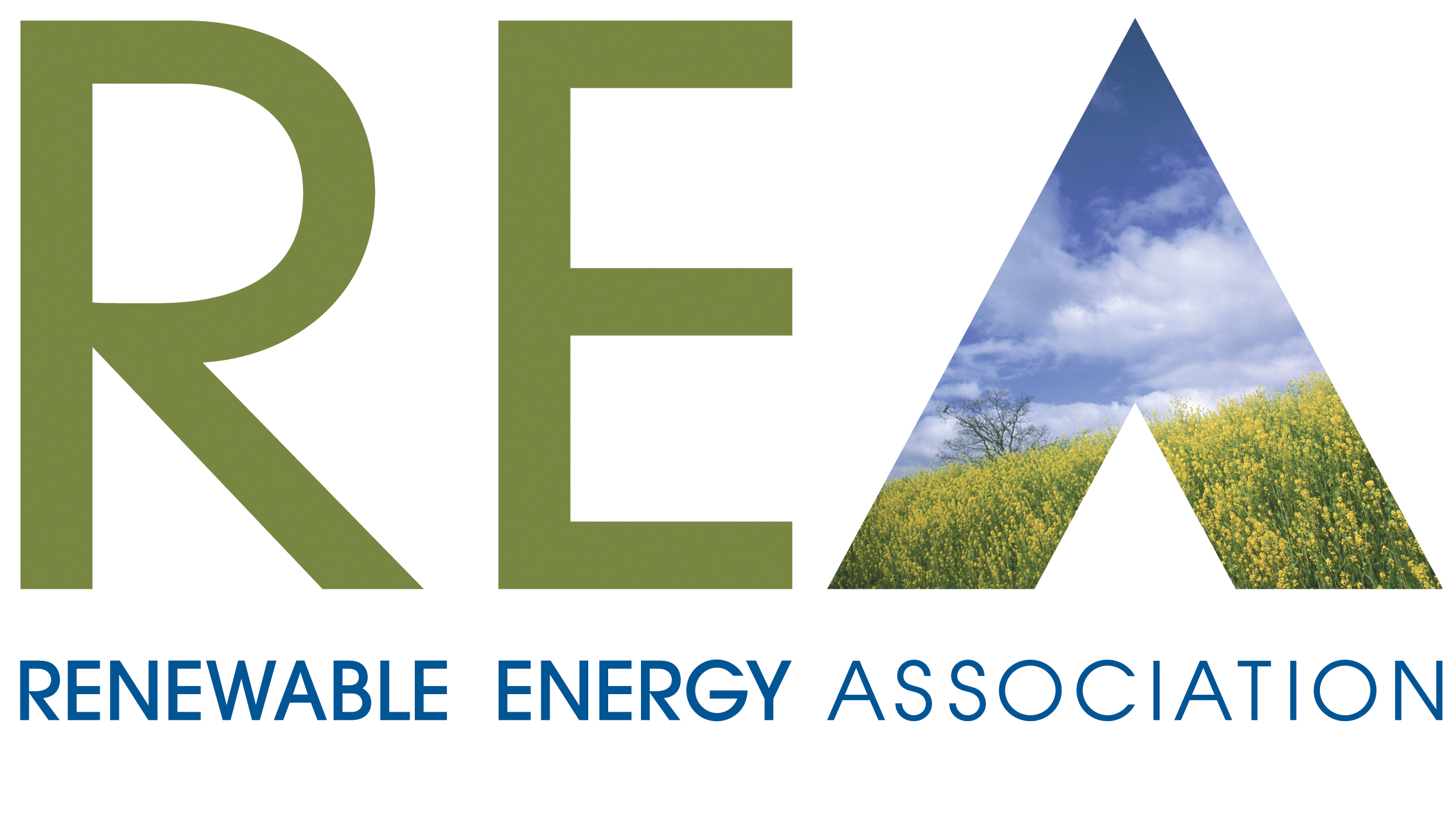



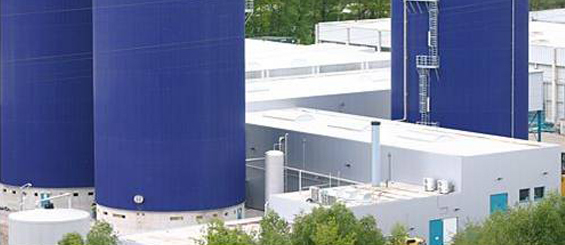
.jpg)
